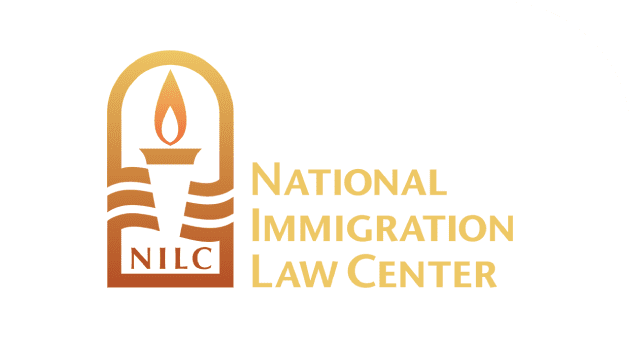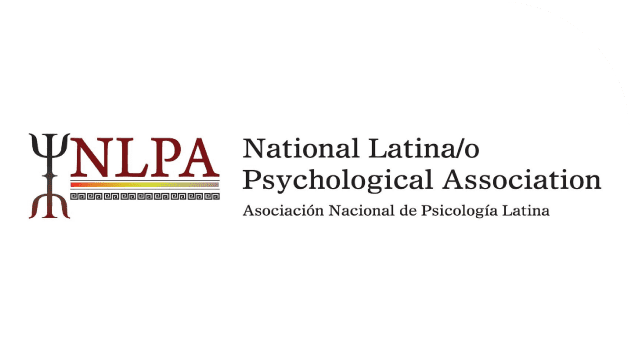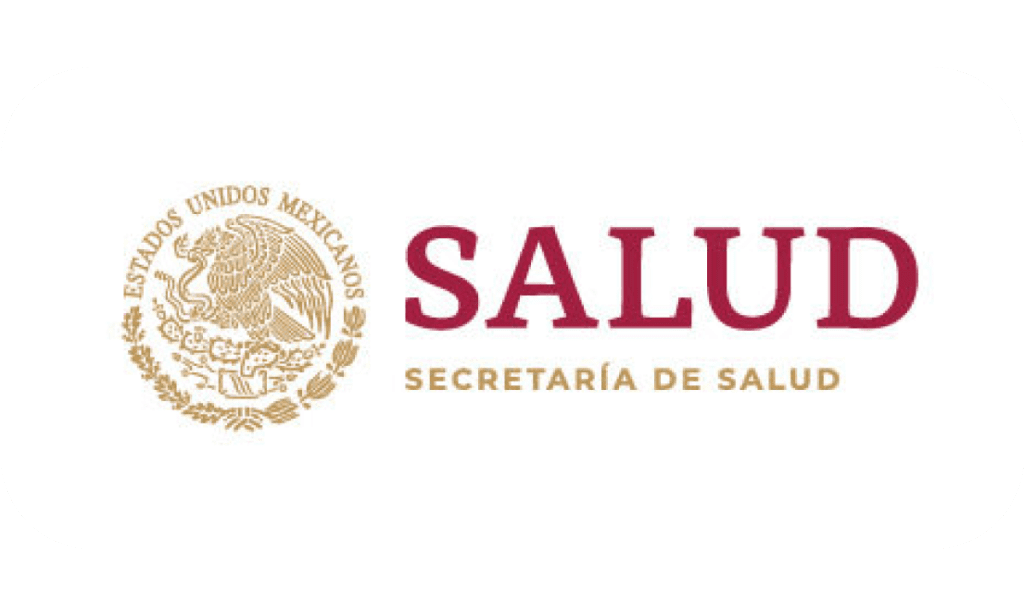Health
Health Services
Free clinics U.S. territory
Find free or low-cost health services in each of the states.

Share the content:
Migrant Health Rights and Programs
Learn about programs for documented and undocumented migrants.

Share the content:
National Latino Psychological Association (NLPA)
Guide and tools for psychological help in channeling emotions.

Share the content:
COVID Training Courses
Digital Health as a convergence of scientific knowledge, technological development and artificial intelligence.

Share the content:
Recursos de Salud en México
Learn more about how to take care of your health
Menu




